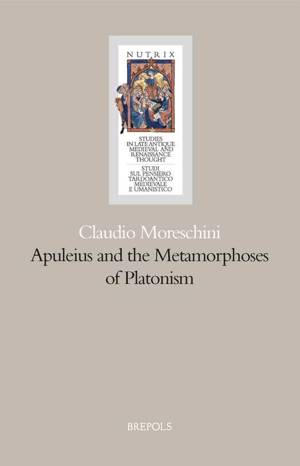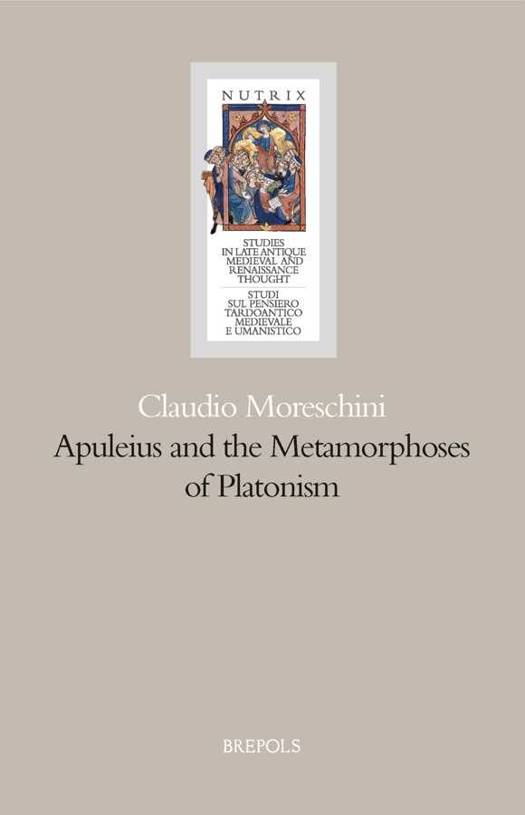
- Retrait gratuit dans votre magasin Club
- 7.000.000 titres dans notre catalogue
- Payer en toute sécurité
- Toujours un magasin près de chez vous
- Retrait gratuit dans votre magasin Club
- 7.000.0000 titres dans notre catalogue
- Payer en toute sécurité
- Toujours un magasin près de chez vous
262,95 €
+ 525 points
Description
Apuleius was a respected philosophus Platonicus in Late Antiquity and the Middle Ages. Until the middle of last century, he attracted the attention of scholars as a so-called 'Middle Platonist' author. Then, with the rejection of the historical schema that he had been situated in (the so-called 'school of Gaius', which we will treat shortly), his 'brother' Alcinous was the object of studies and (even harsh) criticisms, while almost nothing more was written about Apuleius by anyone. Studies of Middle Platonism primarily accentuated the liberty of the philosophers of the 1st and 2nd centuries AD, who interpreted the doctrines of Plato without constituting a specific school. Due to this new vision of Middle Platonism, Apuleius' role was difficult to define. It is not uncommon to find that Apuleius the philosopher is completely neglected . The literary character, and especially the 'rhetorical' nature of some of his works and of his personality have probably hurt his reputation in philosophy. These aspects of his personality have however been ever more accentuated in the last few decades within the development of studies on Second Sophistics. Consequently not only have there been few scholars to show interest for Apuleius' philosophical doctrines, but those few who have the opportunity to almost manage his philosophical doctrines usually disregard his literary works. In this way one cannot understand the most specific aspect of his philosophy, which consists in a sort of intermingling of philosophy and literature (a typical attitude of Greek and Latin culture of the 2nd century AD), and above all, of religion and Platonism. The dichotomy between philosophy and literature that was normal in the 19th and 20th centuries therefore still persists in the case of Apuleius. Claudio Moreschini attempted in some way to fill this gap in his 1978 study on Apuleio e il Platonismo. It was obviously in vain. Accordingly, in this book he would like to reflect on the possibility of a synthesis between these two aspects.
Spécifications
Parties prenantes
- Auteur(s) :
- Editeur:
Contenu
- Nombre de pages :
- 420
- Langue:
- Anglais
Caractéristiques
- EAN:
- 9782503554709
- Date de parution :
- 17-05-16
- Format:
- Livre broché
- Format numérique:
- Trade paperback (VS)
- Dimensions :
- 160 mm x 239 mm
- Poids :
- 861 g

Les avis
Nous publions uniquement les avis qui respectent les conditions requises. Consultez nos conditions pour les avis.






